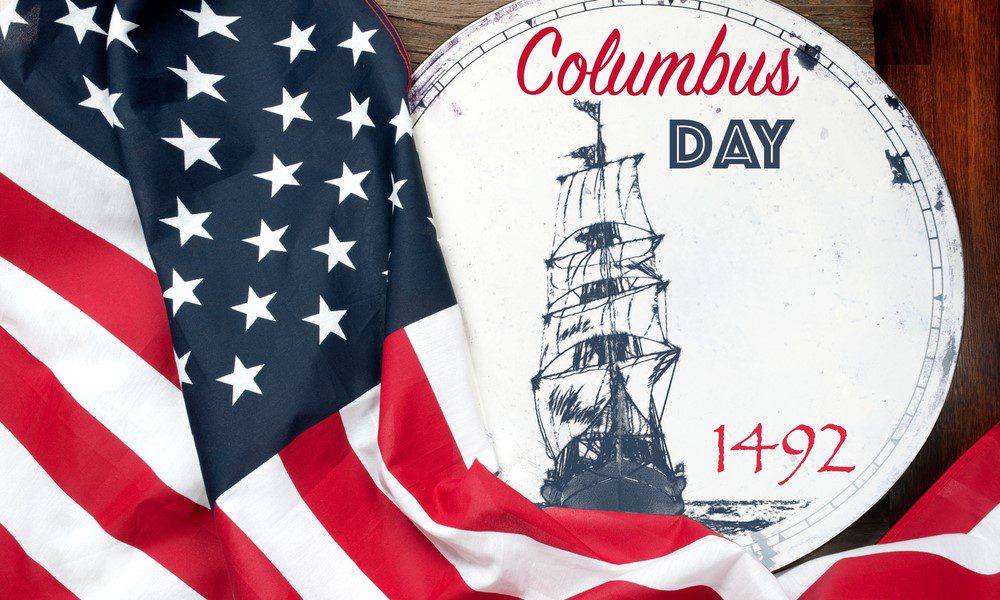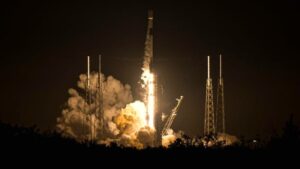A History & Traditionsof Columbus Day 2022

The second Monday in October is Columbus Day in the United States. It honours Italian explorer Christopher Columbus’ momentous journey and landing in the Americas on October 12, 1492. Columbus Day will fall on Monday, October 10, in 2022.
Also Read:- 12 Best Halloween Towns in the U.S.
When Did Columbus Day Become A Holiday?
Franklin Delano Roosevelt proclaimed October 12 to be a public holiday in 1937. Every year on the second Monday in October, the federal government has celebrated Columbus Day as a holiday since 1971. The day is observed by closing all federal offices.
Days to Columbus Day 2022
Monday, October 10th is day number 283 of the 2022 calendar year with 1 month, 1 day until Columbus Day 2022.
| 2022 | Monday, October 10 |
| 2023 | Monday, October 9 |
| 2024 | Monday, October 14 |
Dates for Columbus Day
| Holiday | Date | Days to Go |
|---|---|---|
| Columbus Day 2021 | Monday, October 11, 2021 | -333 |
| Columbus Day 2022 | Monday, October 10, 2022 | 31 |
| Columbus Day 2023 | Monday, October 09, 2023 | 395 |
| Columbus Day 2024 | Monday, October 14, 2024 | 766 |
| Columbus Day 2025 | Monday, October 13, 2025 | 1130 |
| Columbus Day 2026 | Monday, October 12, 2026 | 1494 |
This holiday is not only celebrated in the United States, but also in Italy, Spain, and other countries in South America. The focus of the festivities in these nations is on indigenous peoples and Hispanic culture.
The Famous Voyage Of Christopher Columbus
Portuguese explorers began shipping products from Africa and Asia to Europe as early as 1420, travelling south along the coast of West Africa and around the Cape of Good Hope in South Africa. Columbus believed that by sailing west, he may find a more direct path than the Portuguese were taking, who were circumnavigating the vast continent of Africa.
Columbus had no qualms about navigating unexplored waters since he knew that the world was round, not flat. Columbus sailed in August of 1492 after receiving financial assistance from King Ferdinand and Queen Isabella of Spain. The “Ocean Blue,” or the Atlantic Ocean, was traversed by him. On October 12, 1492, Christopher Columbus mistakenly believed he had reached Asia but had really arrived at a Bahamas island. He continued sailing and saw Cuba, mistaking it for China. Columbus sailed and investigated the Caribbean islands for the following few months in search of treasures to bring back to Spain.
Before departing for Spain in January 1493, he established a colony for Spain in the Americas on the island of Hispaniola (present-day Dominican Republic and Haiti). Three more trips across the Atlantic were made by Columbus. Columbus’ third journey was when he finally realised he had never made it to Asia and had instead arrived on a continent he had never heard of.
Leif Erikson – The First To Reach America?
Columbus, the first European to land in North America, was he? It turns out that Leif Erikson, a Viking explorer, arrived in North America close to 500 years before Christopher Columbus was born, in the year 1000. Erikson is recognised as the first known European explorer to enter North America. Erikson arrived in what is now known as Canad after crossing the Atlantic. Although it is not a federal holiday, President Lyndon Johnson proclaimed October 9 as Leif Erikson Day in 1964.
If Columbus wasn’t the first European to arrive on this continent, then why is there a Columbus Day? The significance and enthusiasm of Columbus’ discoveries were greatly influenced by the vast transatlantic commerce opportunities and colonisation. His four voyages raised world-wide awareness and interest in the “New World” and all it had to offer.
Columbus Day Or Indigenous Peoples’ Day?
Many people have questioned whether Columbus Day is a celebration that our country should keep observing. As the historical specifics of the Columbus era are taken into consideration, this question is presented. Indigenous people suffered from sickness, cruelty, enslavement, and death as a result of colonisation and new transatlantic trade routes.
Indigenous Peoples’ Day was established in the early 1990s, with South Dakota becoming the first state to rename Columbus Day in 1990. It is observed alongside or in place of Columbus Day in many cities and states across the country to raise awareness of the rich cultural legacy and contributions of Native Americans.
Washington, D.C. adopted a resolution in 2019 to replace Columbus Day with Indigenous Peoples’ Day on the second Monday in October. In response, the 1944-founded National Congress of American Indians issued the following statement.
With this move, there is now a chance to raise awareness of the country’s distinctive, rich history, which precedes Christopher Columbus’s journey and is intrinsically linked to its indigenous people. Additionally, it recognises American Indians and Alaska Natives as flourishing, modern sovereign countries that occupy a proper position within the American political system.









